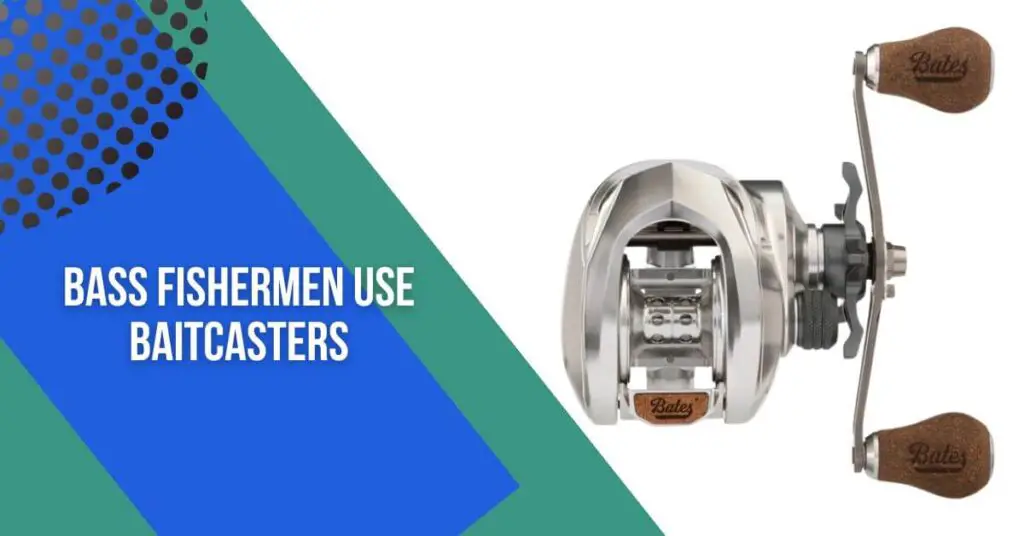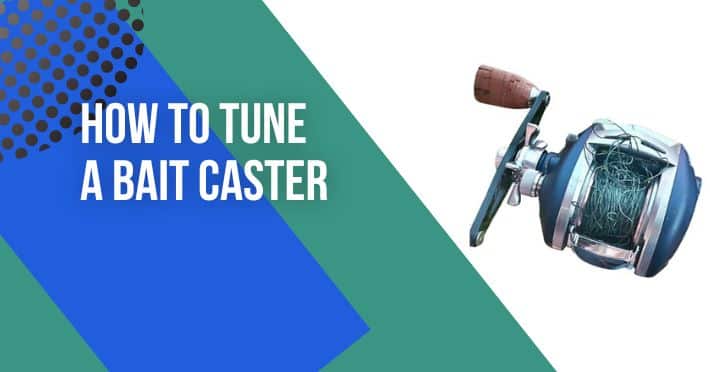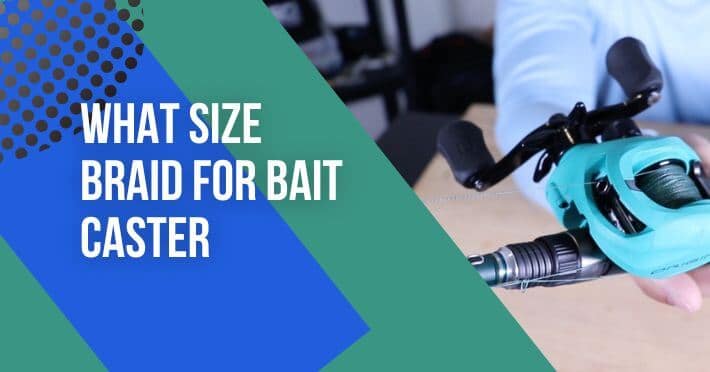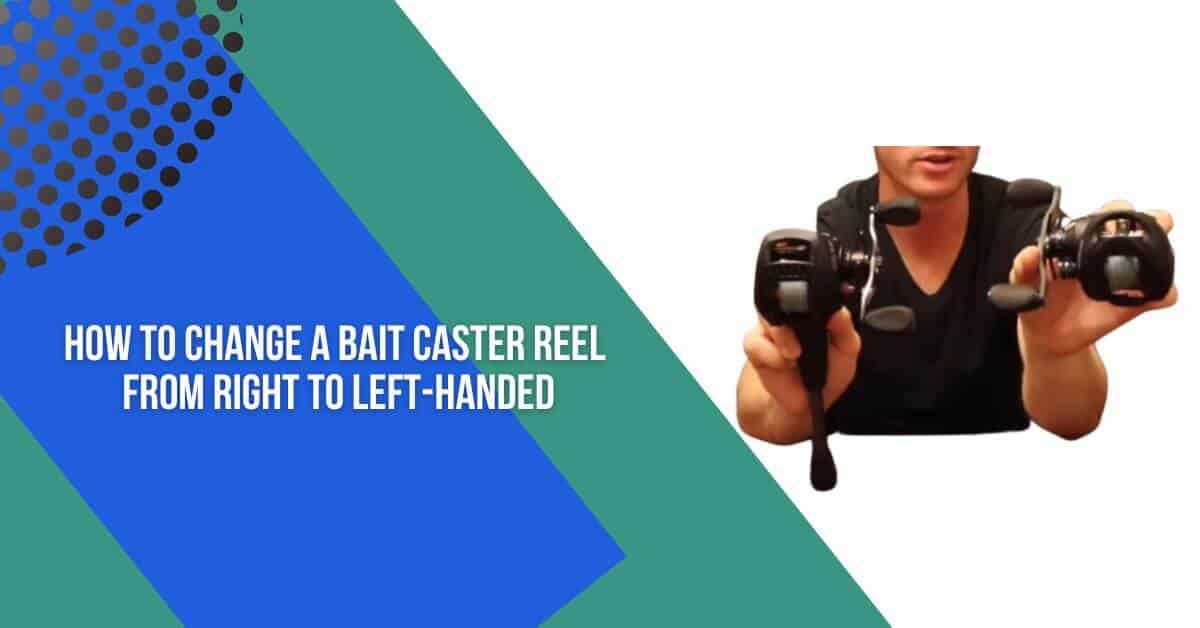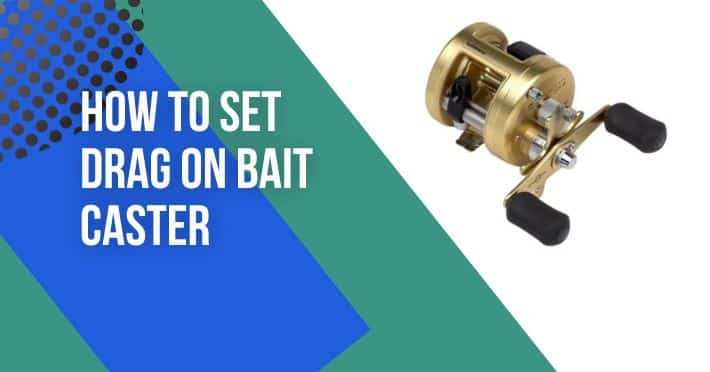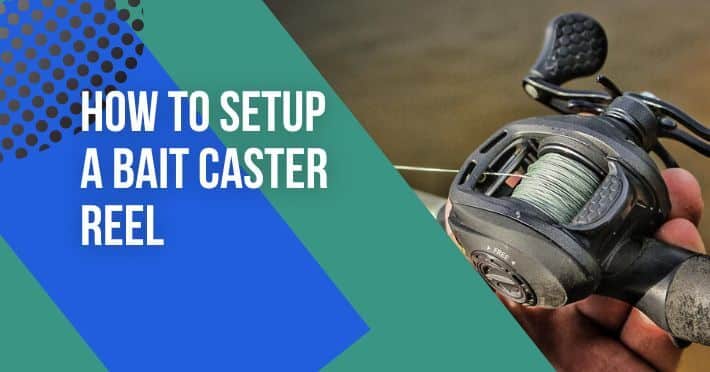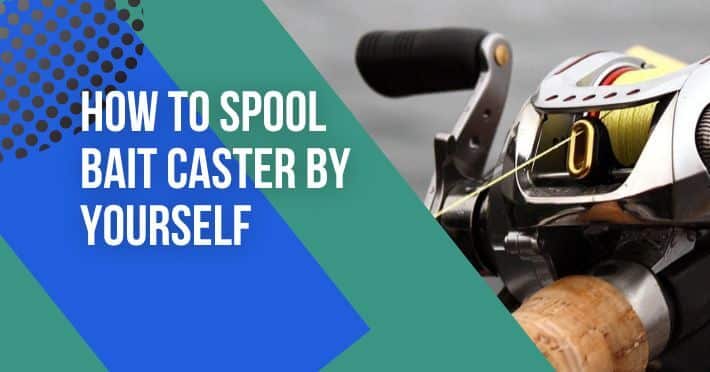Contents
- 1 Why Do Bass Fishermen Use Baitcasters
- 2 Learning Curve and Considerations
- 3 Significance in Bass Fishing
- 4 Conclusion
- 5 FAQs
- 6 Q1: What is a baitcaster and how does it differ from other types of fishing reels?
- 7 Q2: Why do bass fishermen prefer using baitcasters over spinning reels?
- 8 Q3: Can beginners use baitcasters, or are they better suited for experienced anglers?
- 9 Q4: Are baitcasters suitable for all types of bass fishing or just specific techniques?
- 10 Q5: How do baitcasters provide better control and accuracy during casting?
- 11 Q6: Do baitcasters work well in different fishing environments, such as heavy cover or open water?
- 12 Q7: Are there any specific maintenance tips for keeping a baitcaster in optimal condition?
- 13 Q8: Can baitcasters be used for catching other fish species, or are they primarily for bass fishing?
Baitcasting reels have become indispensable tools for bass fishermen, offering a range of advantages that significantly enhance their fishing experience. In the realm of bass fishing, seasoned anglers wield a secret weapon that sets them apart: the baitcasting reel.
This enigmatic device, while intimidating to beginners, holds a host of advantages that make it the preferred choice for those in the know.
In this article, we’ll dive into why do bass fishermen use baitcasters and in the world of baitcasters and uncover the reasons behind their popularity among bass fishermen.
Why Do Bass Fishermen Use Baitcasters
Bass fishermen often prefer to use baitcasting reels for several reasons:
- Accuracy and Control: Baitcasters offer better accuracy and control over casting distance and placement compared to spinning reels. This is especially important when targeting specific structures or areas where bass may be hiding.
- Heavier Line and Lures: Baitcasting reels can handle heavier lines and lures more effectively than spinning reels. This makes them ideal for techniques like flipping, pitching, and using heavier baits.
- Power and Strength: Baitcasters are generally built with stronger and more durable components, allowing them to handle larger and more powerful fish. This is crucial when fishing for bass in areas with heavy cover or in situations where the fish might put up a strong fight.
- Less Line Twist: Baitcasters are less prone to line twists, which can be a common issue with spinning reels. This is particularly beneficial when using certain types of lures that tend to cause line twist.
- Thumb Control: Experienced anglers can control the line release with their thumb on a baitcaster, allowing for precise adjustments during the cast. This level of control is not as easily achieved with a spinning reel.
- Pitching and Flipping Techniques: Baitcasters excel at techniques like pitching and flipping, which involve accurately placing baits in tight spaces with minimal disturbance. These techniques are commonly used in bass fishing.
- Customization and Adjustability: Baitcasting reels often come with various settings and adjustments that allow anglers to fine-tune the reel to their specific preferences, such as adjusting the braking system or adjusting the drag.
- Casting Distance: With proper technique, baitcasters can achieve longer casting distances compared to spinning reels. This can be crucial for covering more water and reaching distant targets.
It’s important to note that while baitcasters offer many advantages, they also come with a learning curve. Casting with a baitcaster requires practice to avoid backlash (tangled line) and achieve smooth, accurate casts.
This is why some beginners may initially find it easier to start with a spinning reel, which is generally more forgiving when it comes to casting.
Ultimately, the choice between a baitcaster and a spinning reel depends on the angler’s preferences, fishing style, and the specific conditions they are fishing in.
Many experienced bass anglers will have both types of reels in their arsenal and will choose based on the situation they’re facing.
Learning Curve and Considerations
While baitcasters offer numerous advantages, they do come with a learning curve. It’s important for beginners to invest time in mastering their use to avoid potential complications.
Starting with a spinning reel may be advisable until proficiency is gained.
Significance in Bass Fishing
Baitcasting reels hold a pivotal role in the world of bass fishing, revered for their specialized capabilities and precision.
Unlike other reel types, baitcasters provide anglers with an unrivaled level of control and accuracy, allowing them to target specific areas with pinpoint precision.
This attribute is crucial when it comes to navigating the complex terrain where bass tend to congregate.
Moreover, baitcasters are designed to handle heavier lines and lures, making them ideal for techniques like flipping and pitching, which are fundamental in bass fishing.
This capacity to tackle more substantial gear empowers anglers to explore a wider range of techniques and adapt to various fishing conditions.
Additionally, baitcasters excel in providing the strength and durability needed to face formidable adversaries.
The robust construction of these reels ensures they can withstand the powerful runs and tugs of even the most tenacious bass.
This strength is particularly invaluable when fishing in areas with heavy cover or when pursuing trophy-sized fish.
In essence, the significance of baitcasters in bass fishing lies in their ability to elevate an angler’s precision, power, and versatility on the water.
By wielding this specialized tool, bass fishermen gain a distinct advantage, increasing their chances of success and enhancing their overall fishing experience.
Conclusion
In the world of bass fishing, the choice of equipment can make a significant difference in success. Baitcasters, with their precision, power, and versatility, have earned their place as the tool of choice for many seasoned anglers.
While there may be a learning curve, the rewards of mastering a baitcaster are well worth the effort. So, whether you’re a beginner or a seasoned pro, consider adding this invaluable tool to your fishing arsenal and take your bass fishing to new heights.
FAQs
Q1: What is a baitcaster and how does it differ from other types of fishing reels?
A1: A baitcaster is a type of fishing reel characterized by a revolving spool and a trigger-like release mechanism. It differs from spinning reels in that the spool rotates during casting, offering more control and accuracy. This makes it a preferred choice for specific fishing techniques.
Q2: Why do bass fishermen prefer using baitcasters over spinning reels?
A2: Bass fishermen often prefer baitcasters for their superior accuracy, control, and the ability to handle heavier lines and lures. Baitcasters also provide better power and strength, making them ideal for techniques like flipping and pitching.
Q3: Can beginners use baitcasters, or are they better suited for experienced anglers?
A3: While baitcasters have a learning curve, beginners can certainly use them. Starting with proper techniques and practicing in open areas can help newcomers become proficient. Many anglers find that the benefits of using a baitcaster outweigh the initial learning challenges.
Q4: Are baitcasters suitable for all types of bass fishing or just specific techniques?
A4: Baitcasters are versatile and can be used for a wide range of bass fishing techniques. They excel in techniques like flipping, pitching, and casting heavier baits, but they can also be used for other methods depending on the angler’s preference and expertise.
Q5: How do baitcasters provide better control and accuracy during casting?
A5: Baitcasters allow anglers to control the line release with their thumb, providing precise adjustments during the cast. This thumb control, coupled with the design of the reel, enables anglers to cast accurately to specific targets.
Q6: Do baitcasters work well in different fishing environments, such as heavy cover or open water?
A6: Yes, baitcasters are well-suited for various fishing environments. Their strength and durability make them effective in heavy cover, while their accuracy and control are advantageous in open water situations. Anglers often choose baitcasters based on the conditions they are fishing in.
Q7: Are there any specific maintenance tips for keeping a baitcaster in optimal condition?
A7: Regular maintenance is important for ensuring a baitcaster’s longevity. This includes cleaning the reel after each use, inspecting for any wear or damage, lubricating moving parts, and adjusting settings as needed. Following the manufacturer’s guidelines is also recommended.
Q8: Can baitcasters be used for catching other fish species, or are they primarily for bass fishing?
A8: While baitcasters are popular among bass fishermen, they can be used for catching a variety of fish species, depending on the technique and the angler’s preferences. They are versatile reels that can handle a range of fishing situations beyond just bass fishing.

